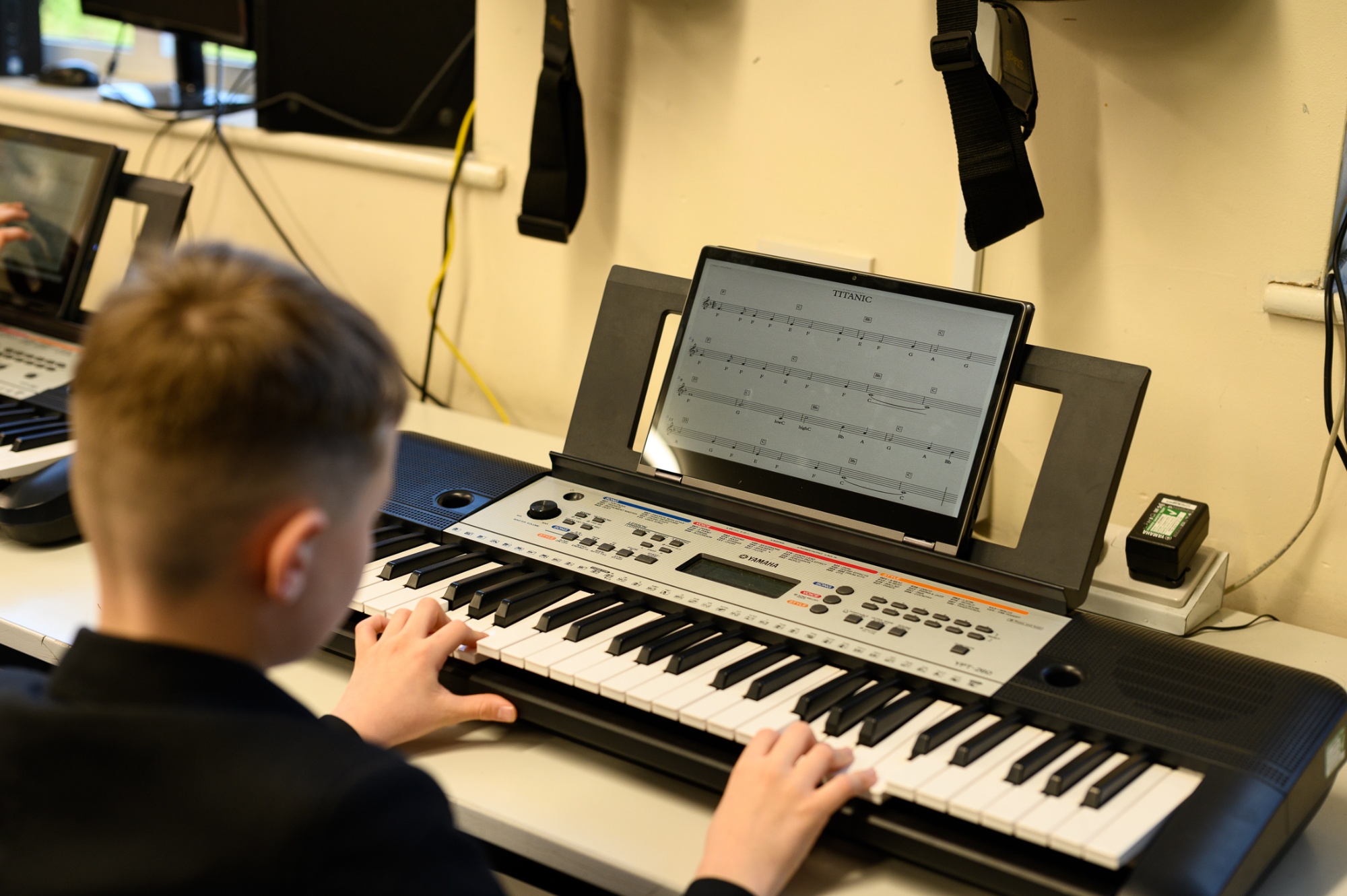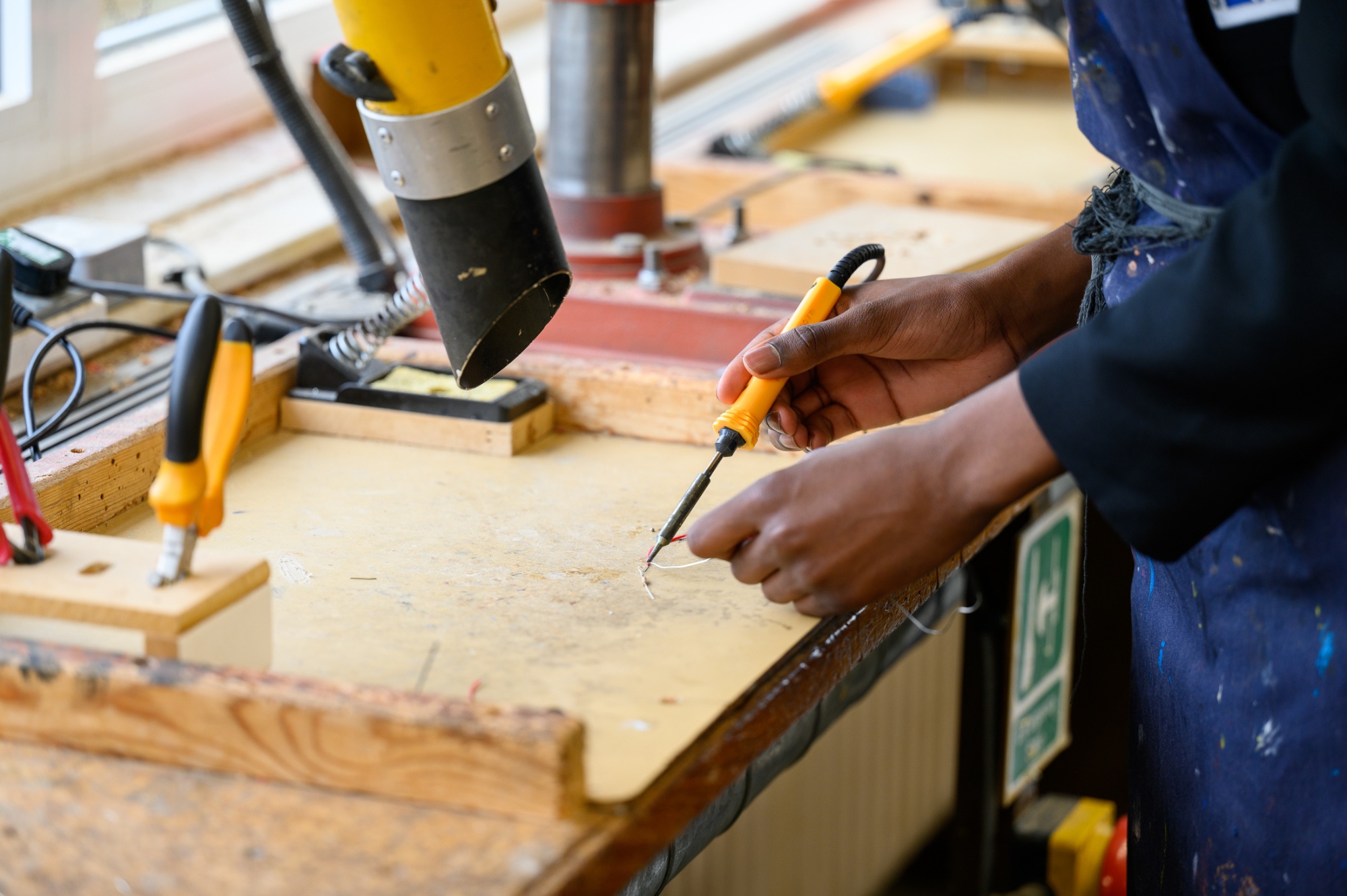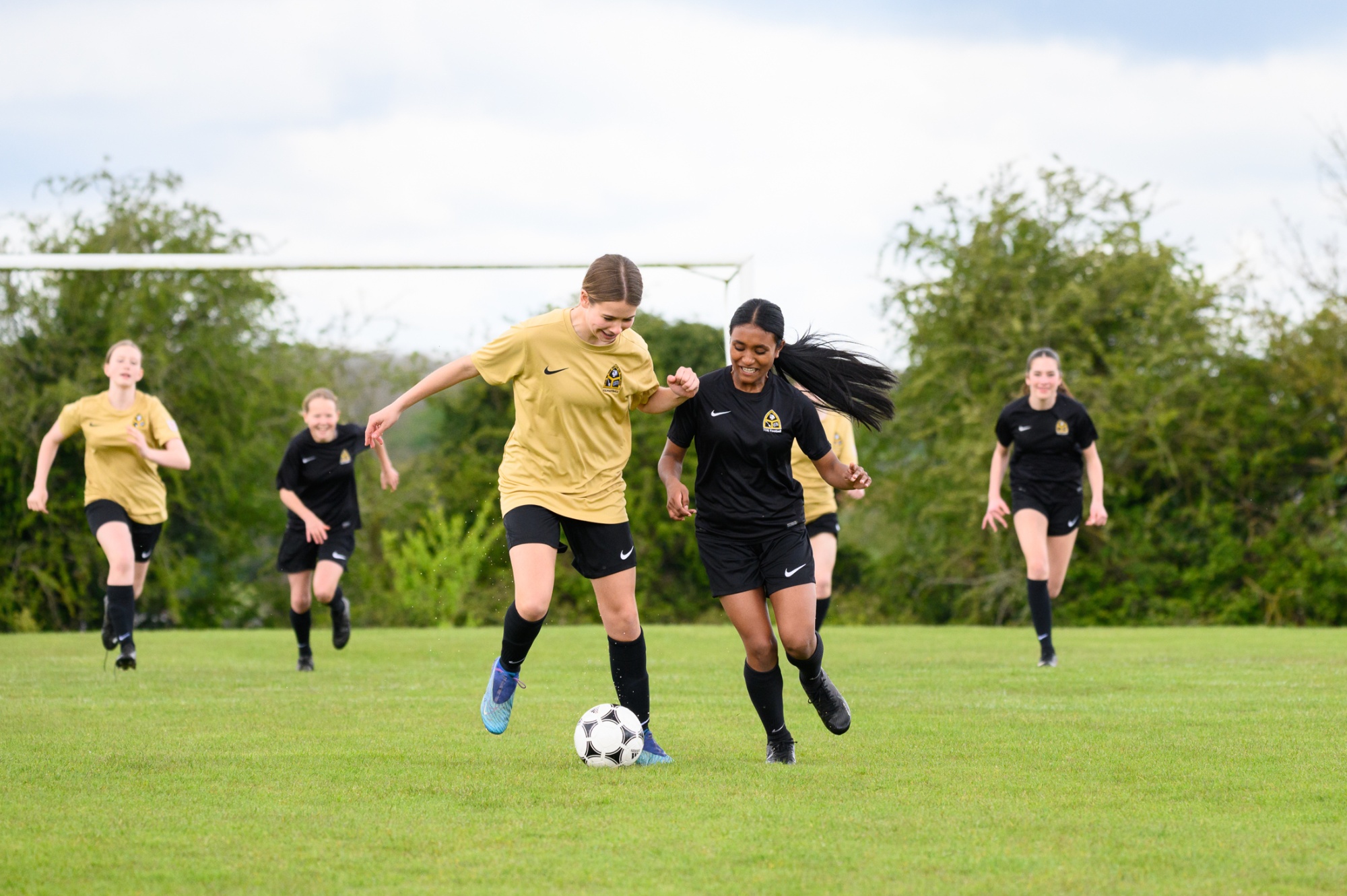Emotional Wellbeing Support
We fully recognise that supporting a student's emotional wellbeing is a prerequisite for a young person to learn, make progress and become a success in their lives. To this end, we have developed measures to support our students' wellbeing at every stage of their academic development.
All students will struggle with one form of emotional upset or another throughout their formative years and will struggle to varying degrees.
We provide tiered support to match the needs of the student and promote their emotional wellbeing:
Tier 1: Form Tutor and Heads of Year
We consider every Cottesloe School member of staff to be a member of the pastoral team. From Form Tutor to the teacher, Head of Year or member of Senior Leadership, we all prioritise the role of ensuring our children are well looked after, and their emotional needs are catered for. It is, however, the form tutor who develops a firm professional relationship with each of their tutees. Tutors are there to support the day-to-day emotional wellbeing of their tutees all under the watchful eye of hugely experienced Heads of Year.
Tier 2: TEAM Hub (Together Everyone Achieves More)
TEAM Hub, under the guidance of Miss Phillips, has developed to become the envy of secondary schools in this area and a model that many are now trying to emulate. TEAM Hub supports the emotional wellbeing of our young people at the point when the Head of Year identifies further support intervention is necessary. Students are supported through interventions such as anger management, stress management, through the twice-daily drop-in sessions or through professional counselling which is delivered by a dedicated staff of fully qualified counsellors.
Tier 3: CAMHS
Bucks CAMHS (Child and Adolescent Mental Health Service)
CAMHS offers assessment and treatment when children and young people have emotional, behavioural or mental health difficulties. Children and young people and their families can be referred to CAMHS if children find it hard to cope with family life, school or the wider world. If these difficulties are too much for family, friends or GPs to help with, CAMHS may be able to assist. Types of problems CAMHS can help with include violent or angry behaviour, depression, eating difficulties, low self-esteem, anxiety, obsessions or compulsions, sleep problems, self-harming and the effects of abuse or traumatic events. CAMHS can also diagnose and treat serious mental health problems such as bipolar disorder and schizophrenia.
How can a young person see CAMHS?
There are different ways to get an appointment with CAMHS. The most common is via your child's GP. Alternatively, if one of our counsellors deems it necessary, we can support a referral to CAMHS with parental support.
TEAM Hub

The Cottesloe School is home to a stand-alone building that houses two counselling rooms, two intervention rooms – one large for group activities and the other a small room for 1:1 or small group sessions, an office and a large work area with sofas, beanbags, computers, work tables and not forgetting a kettle for that all-important cup of tea!
TEAM Hub is managed by Miss Phillips and supported by Miss Coyne, both are safeguarding trained and can support students in a range of different ways, for a range of different needs.
TEAM Hub is open to all students during dedicated drop-in times. The Wellbeing Ambassadors are available in TEAM Hub during lunchtimes on Mondays, Wednesdays and Fridays.* Please note that sometimes after-school drop-ins will not be available due to meetings.
Wellbeing Ambassadors

Wellbeing Ambassadors are specially trained Sixth Form students who are available in TEAM Hub during break times throughout the week. They can offer a listening ear during a break time or can support students on a regular 1:1 basis.
Wellbeing Ambassadors are specially trained Sixth Form students who are available in TEAM Hub during break times throughout the week. They can offer a listening ear during a break time or can support students on a regular 1:1 basis.
We know that the first conversation that a young person has about their wellbeing and mental health is the most vital. We also know that, for some young people, talking to a peer is more comfortable than approaching an adult. The Mind UK Peer Mentor scheme provides an opportunity for our young people to talk to a specially trained Sixth Former. At The Cottesloe School we refer to these students as Wellbeing Ambassadors.
Our Wellbeing Ambassadors are 24 dedicated Sixth Form students who are central to the delivery of the Peer Mentor scheme in Team Hub.
The Cottesloe School has been partnered with Mind UK, to deliver student centred Wellbeing Ambassador support in Team Hub every break time.
Teddy the Wellbeing Dog
Teddy is based in TEAM Hub with Mrs West as she is the person that the dog is registered with through Pets as Therapy. Students will never be left alone with Teddy, and they will be taught about how to be around a dog; for example, if Teddy is in his bed, then we leave him alone to rest.

What is Teddy like?
Teddy is a Golden Retriever. The breed is renowned for its calm, gentle temperament and love of children. Belonging to Mrs West and her family, Teddy has undergone strict training and assessment in order to prepare him for working with children. Teddy is certified as a ‘Pets As Therapy’ dog, meaning that he has been assessed as being healthy and of the right temperament to work within the local community, including children. Pets as Therapy dogs are recognised by the Royal College of Nursing and welcomed by medical authorities in many areas.
What does Teddy do all day in school?
Teddy’s role in school is varied. He might ‘chill out’ in TEAM Hub whilst students are attending their lessons. For those students who access TEAM Hub, arrangements can be made to spend time with Teddy.
Research studies in both Britain and America have concluded that having a dog in a school environment can have many positive benefits – these include helping to calm children down, improving academic achievement, motivating those children who are often not that attentive, teaching responsibility and encouraging children to respect all life. Also, it has been shown that when children share the affection and care of a ‘school’ dog, a bond forms amongst them and strengthens their team ethics.
Teddy is also used to hearing students read. Dogs give unconditional acceptance, as they are non-judgmental, which is especially crucial to students who struggle to read. He provides confidence to students as he will not make fun of them when they read, but above all he makes an amazing listener, providing the students with a sense of comfort and love.
Could we ask parents/carers to make the school aware if their child has an allergy or phobia which may prevent them from accessing TEAM Hub. If this is the case, an alternative space can be provided.





